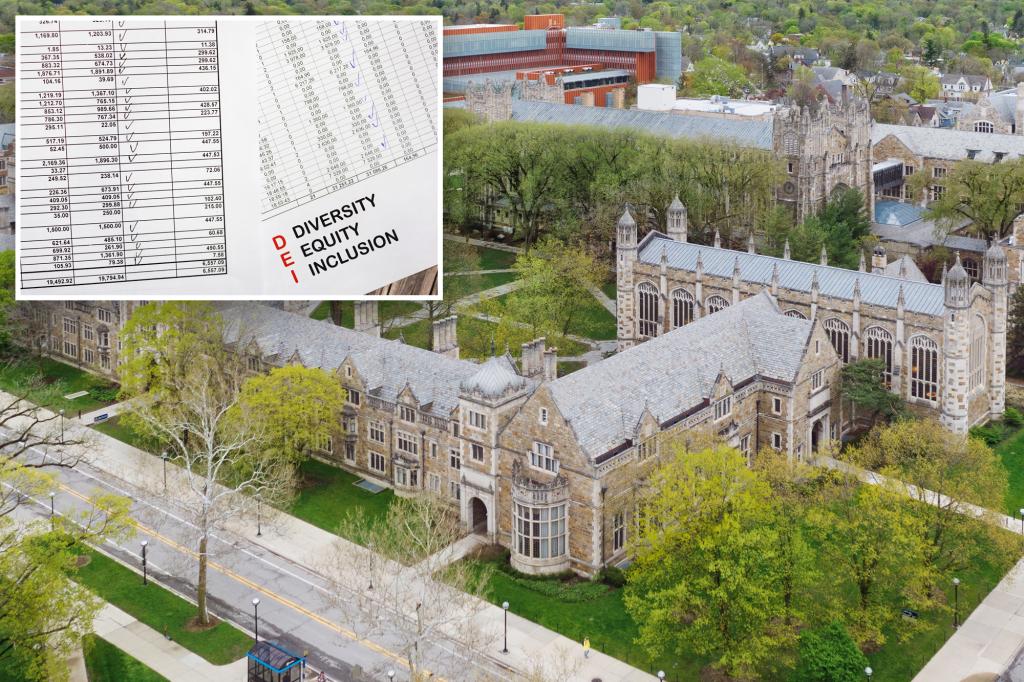The Idaho State Board of Education’s decision to ban diversity, equity, and inclusion (DEI) initiatives in public universities marks a significant shift in the state’s higher education landscape. The unanimous resolution, adopted after months of deliberation and public discourse, prohibits institutions from mandating DEI-related activities and structures, signaling a departure from the prevailing national trend of incorporating DEI principles into university frameworks. The board’s rationale centers on the belief that DEI ideology, as they define it, prioritizes personal identity characteristics over individual merit, potentially undermining the principles of equal opportunity. The resolution mandates that universities prioritize equality of opportunity for all students, irrespective of personal identity characteristics such as race, color, sex, sexual orientation, national origin, religion, or gender identity. This move reflects a growing national debate about the role of DEI in higher education, with proponents arguing for its importance in fostering inclusive environments and opponents expressing concerns about potential reverse discrimination and ideological biases.
Central to the resolution is the prohibition of DEI-dedicated offices, policies, procedures, and initiatives within Idaho’s public universities. The board’s aim is to prevent the institutionalization of DEI principles, which they argue can lead to preferential treatment based on identity rather than merit. This aspect of the resolution has sparked controversy, with critics contending that dismantling DEI structures could hinder efforts to address systemic inequalities and create welcoming environments for underrepresented student populations. Supporters, on the other hand, maintain that a focus on individual merit and equal opportunity will create a fairer and more inclusive environment for all students. The debate highlights the differing perspectives on the effectiveness and potential consequences of DEI initiatives in higher education.
Furthermore, the resolution extends its reach to encompass hiring practices and student admissions. It explicitly prohibits the use of diversity statements in both processes, aiming to eliminate any potential bias based on personal identity characteristics. This provision reflects the board’s commitment to merit-based evaluations and their concern that diversity statements could be used to prioritize candidates based on identity over qualifications. The implications of this ban are yet to be fully understood, with some arguing that it could negatively impact the representation of diverse groups within universities while others believe it will ensure a fairer and more objective evaluation process.
Beyond the scope of DEI, the board also adopted a resolution affirming the importance of free speech and expression on university campuses. This resolution mandates that institutions maintain political neutrality, protect speakers’ rights, ensure the safety of those participating in constitutionally protected speech, and expose campus communities to diverse viewpoints. This emphasis on free speech aligns with a broader national conversation about the protection of First Amendment rights on college campuses and reflects the board’s commitment to fostering open dialogue and intellectual exchange. The resolution directs universities to establish programs that educate students and faculty about the institution’s role as a “marketplace of ideas,” emphasizing the importance of critical thinking and engagement with diverse perspectives.
While the resolutions prohibit DEI-focused initiatives, the board clarified that universities are still permitted to promote non-discriminatory activities, offer scholarships based on need or merit, and allow student clubs focused on political or social issues. This clarification aims to address concerns that the resolutions would broadly restrict activities related to diversity and inclusion. The board emphasized that their intent is not to stifle discussions or activities related to diversity, but rather to ensure that they are conducted in a manner consistent with the principles of equal opportunity and meritocracy.
The implementation of these resolutions is scheduled for completion by June 30, 2025, giving universities time to adjust their policies and practices. The board has expressed optimism about the universities’ ability to adapt to these changes and reiterated its commitment to supporting students’ needs. However, the long-term impact of these resolutions on Idaho’s higher education system remains to be seen, and the debate surrounding DEI in higher education is likely to continue. The board’s actions reflect a broader national trend of scrutinizing DEI initiatives and raise important questions about the future of diversity and inclusion efforts in higher education.











